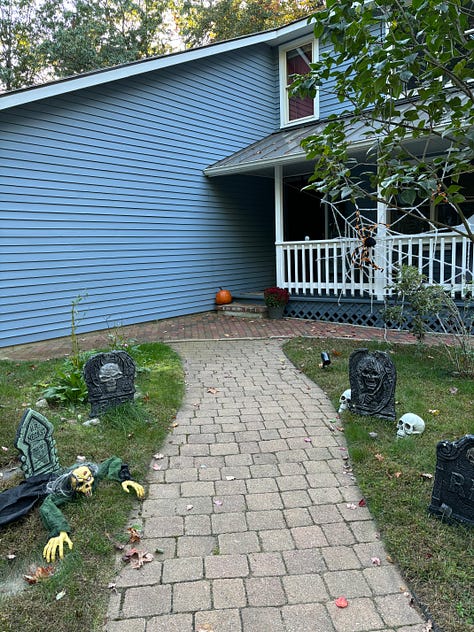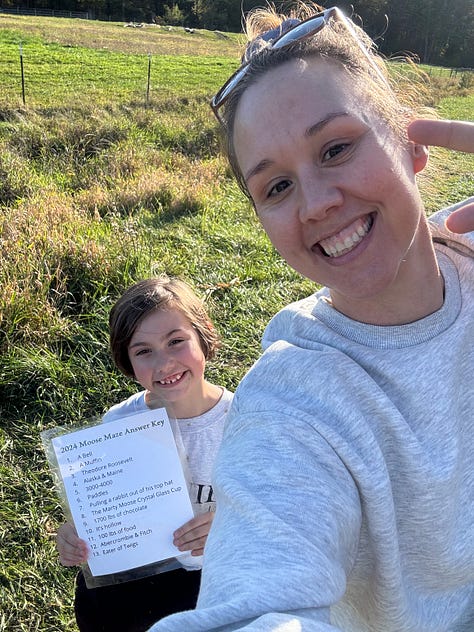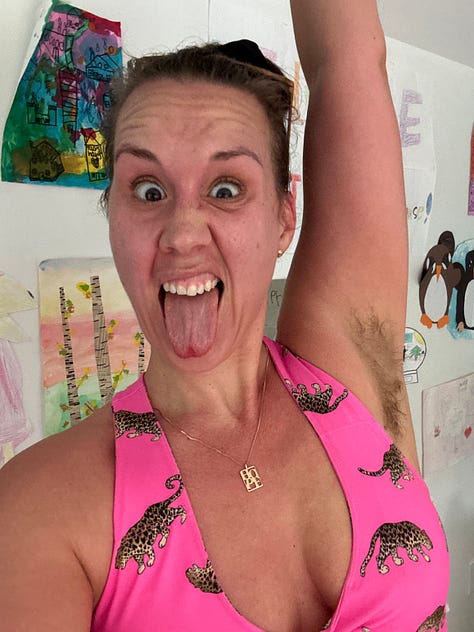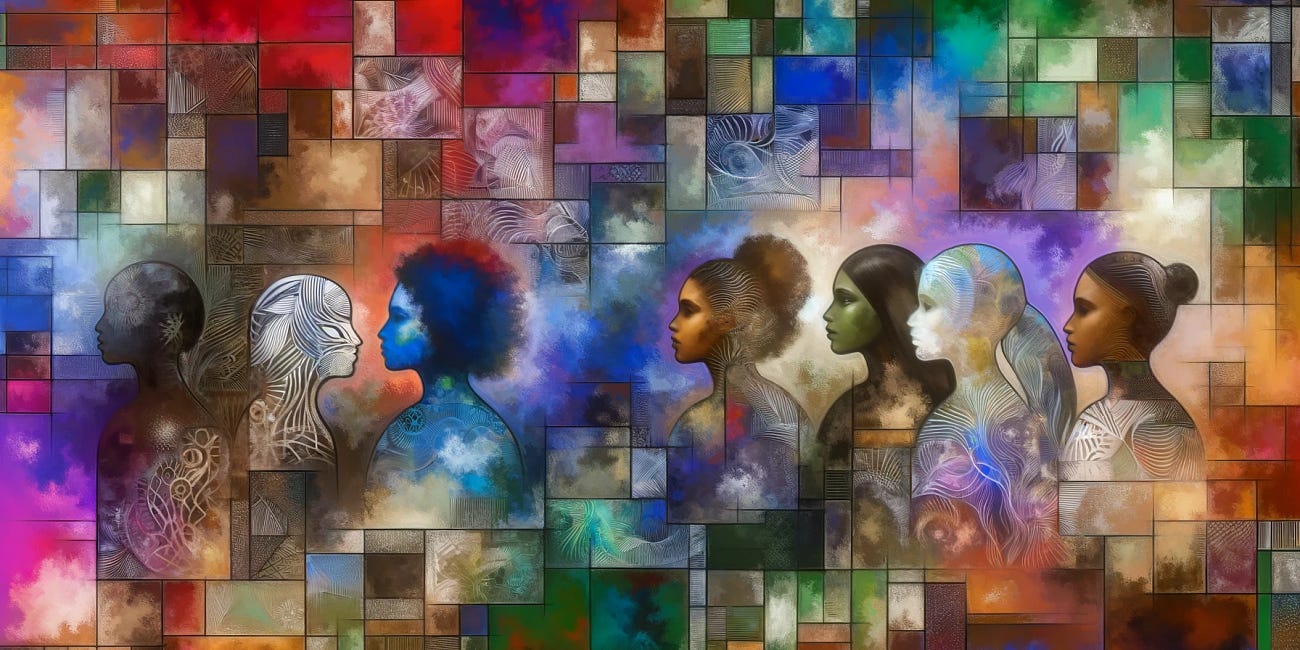I look at my friend's face, as she shares her life and experiences, I let her voice flow over me like a wave. My body is calm and relaxed, yet my mind is alert and attentive. I let every inflection, detail, shift in energy, and nuance of volume and intensity tell a story that goes beyond her words. I’ve been told that we listen with our ears. But I know the truth. Listening is much more complex than mere hearing.
"When you listen with your whole body and soul, then you truly hear." - Rumi
Turning Shit into Gold, Baby
For the last twenty years (maybe even forty), I've been studying how people respond to different types of communication, especially in tender, vulnerable, or challenging moments. Over time, I’ve learned that advice or problem-solving rarely brings comfort or resolution. Instead, the true connection point lies in creating a space where someone feels deeply heard, not something to be fixed or problem-solved.
✨ Because: Connection = Pure Medicine✨
Boy, does our culture not teach us these things, and neither did most of our parents (because no one taught them.) I know mine didn’t. One of the things that was painful about having a parent with a narcissistic survival personality was that I was often told how I should feel, and I learned the right way to respond that would not elicit an anger flare-up.
Interestingly, I feel like the things that helped me survive, being hyper-vigilant and tuned into my father’s every mood, tone, and expression, are the very skills that I’ve honed into an ability to truly hear what people are sharing with me beyond their words.
The End of Solving, Fixing, or Having the Answer
Have you been there? The moment when you share something challenging, frustrating, or confusing and the other person says, “You know, I think doing X, Y, Z could really help you” or “That reminds me of when my brother…”
Something similar happened to me last week, and it made me pause and reflect on the fact that listening and being with people in moments of discomfort are some of the hardest things we do together as humans.
Not only because we weren’t taught how to respond but also because we’re not typically good at being uncomfortable inside ourselves.
I believe that we are able to BE with others in states of discomfort and not DO anything, to the extent that we can be with our own discomfort, whether confusion, sadness, grief, not getting what we deeply desire, and so on.
This is why, if you want to be a Jedi master-level human, you gots to work on being uncomfortable. Just ask Buddhist people.
“Our sorrows and wounds are healed only when we touch them with compassion.”
— Buddha
How You Can Deepen the Art of Listening
As I was reflecting on how I wanted to be responded to and how I try to be when I interact with other humans, I wrote down the following practices. Maybe they will help you, too.
Mirroring Back:
Sometimes, I simply mirror back a piece of what someone has shared. This small act lets them see themselves without distortion, a reflection of their own truth.Asking Follow-Up Questions:
I ask questions—not to pry, but to show curiosity. To let them know they are not alone in their exploration.Examples: ‘Say more about that.’, ‘What does your soul want you to know right now?’, ‘What do you need in this moment?’, ‘Do you need to be heard or held?’.
Holding Silence:
Sometimes, there is power in silence. I’ll sit quietly, honoring the weight of what was just shared. It’s as if silence can speak, saying, ‘This is significant’ or ‘You matter, thank you for sharing this part of yourself.’Empathizing:
When someone shares something raw, I respond with empathy. I let them know I’m here with them, not just in words but in presence.Reflecting on Hardship:
If something seems especially difficult, I’ll acknowledge that weight. It’s powerful to have someone name the difficulty we might feel unable to speak about ourselves.Offering New Perspectives:
Only when it feels right, I’ll gently offer a new perspective. It’s not about changing their mind but expanding their view, allowing them to see their situation in a new light.
What do you find most comforting or supportive? Let me know in the comments or by messaging me.
“Deep listening is the kind of listening that can help relieve the suffering of another person. You can call it compassionate listening. You listen with only one purpose: to help him or her to empty his heart. Even if he says things that are full of wrong perceptions, full of bitterness, you are still capable of continuing to listen with compassion. Because you know that listening like that, you give the person a chance to suffer less. If you want to help him correct his perception, you wait for another time. For now, you don’t interrupt. You don’t argue. If you can keep listening like that for one hour, you are refreshing, you are healing.”
— Thich Nhat Hanh
Slowing Down & Listening Within
In a world that values quick fixes, being right and sure, and having answers, I’ve learned the strength in waiting, listening, and “living the question.” I used to rush, fueled by the need to solve, offer solutions, and SAVE. But now, I’ve realized that real change emerges when we slow down and truly hold space for one another.
I’ve written about aspects of this in these articles:
The Power of Waiting
The voice is soft, barely more than a soft whisper. “Karna… hey, Karna… it’s not time yet. Just wait a little more…”.
Reclaiming the Power of Somatic Intelligence
As I hang up the phone with another distraught friend, I hear the echoes of women’s voices in my head.
Where Do We Go From Here?
The path forward lies in listening, connecting, and letting witnessing emerge from a much deeper part of ourselves—the part connected to our Divine Source.
Every time I slow down and listen, I am reminded of the gift we can give one another by simply being present. In those moments, something shifts. I find myself grounded in quiet strength, connected to something much larger than words or answers - inviting a holy moment.
Here’s what I know to be true. If you decided to get good at this, I can guarantee that the quality of your life would transform radically.
And, not only does it work on others, it also works on caring for yourself in moments of suffering. How’s that for a win-win.
IMO, learing the art of deep listening, is one of the most important things you can do to become more human.
Lots of love,
Karna
PS. I know it’s been a long time since I wrote to you. I’m so HAPPY to be writing again! Thank you for reading and being here with me. I’d love to hear how this lands for you in the comments!
PPS. Do you like the Unfolding Glow Up?? I am obsessed. 🤩
















Deep listening really does transform everything. The quality of connection amplifies. Thanks for sharing your methodology.